Blog page
Recent Post

Magnets in Restaurant Kitchens
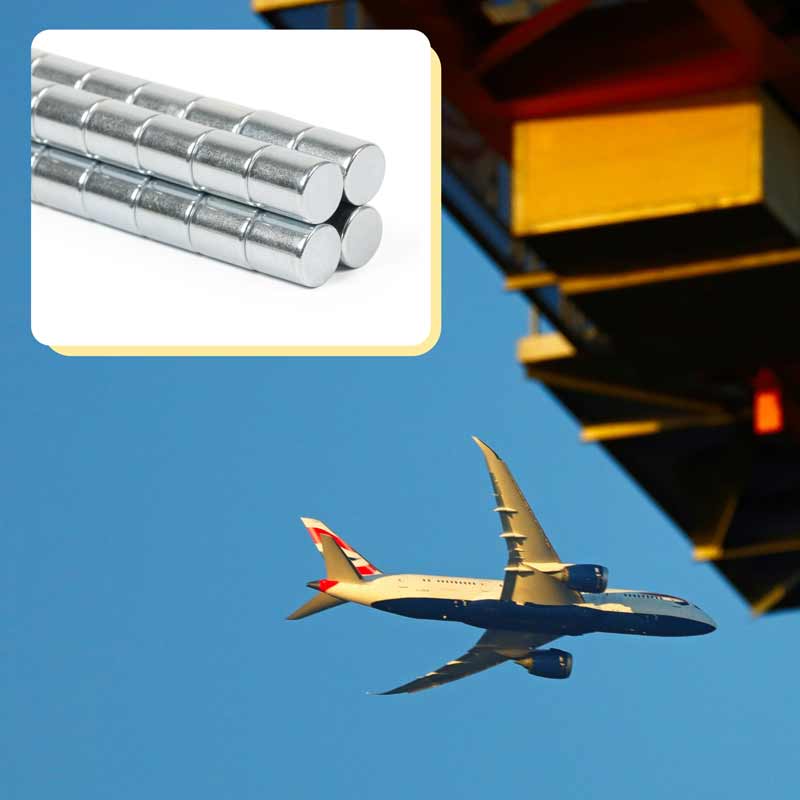
Global supply challenges and HYAB’s role
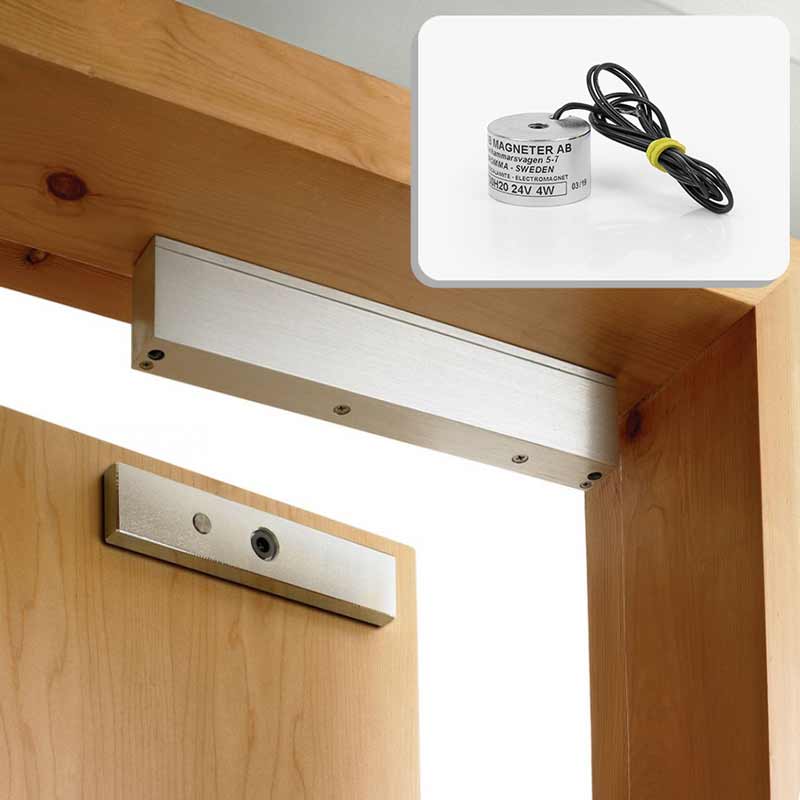
Electromagnets – a more controllable magnet
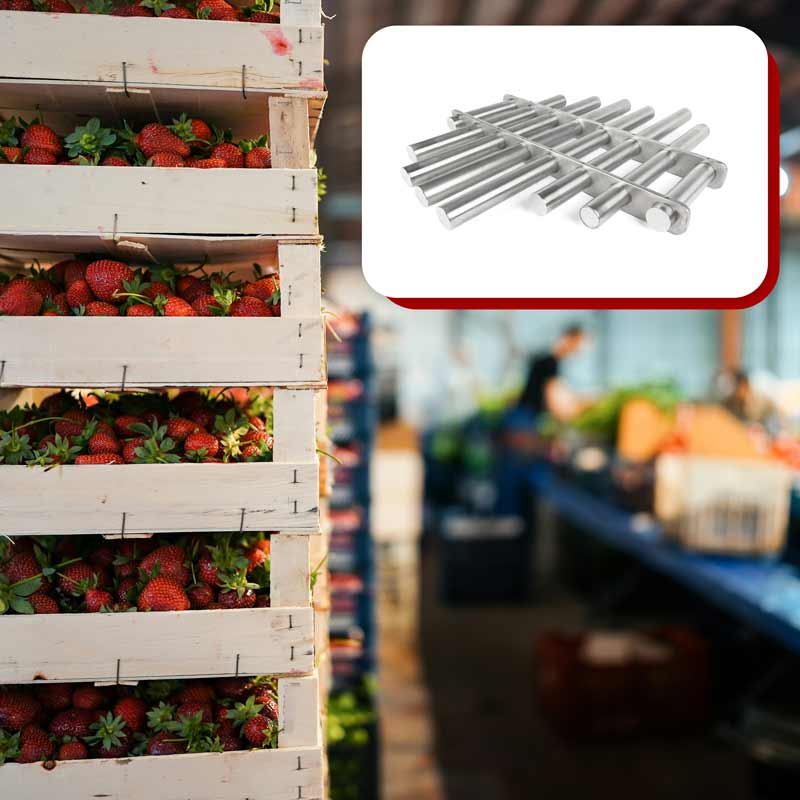
Magnetic filtration in the process industry
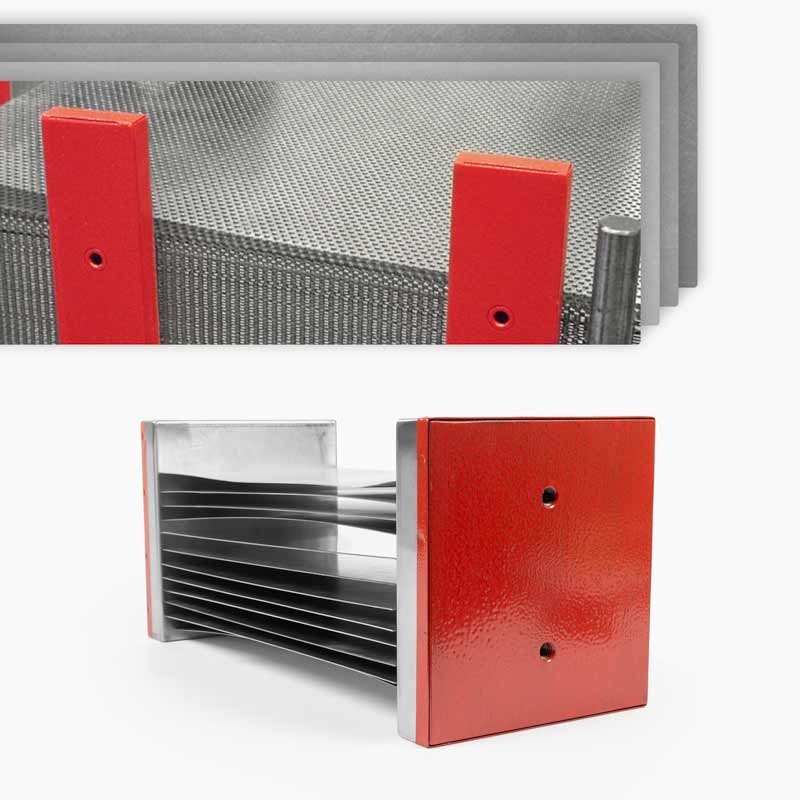
Sheet metal handling – Easier with magnets

Published: 2025-04-15
![]() Daniel Gårdefelt
Daniel Gårdefelt
China halts exports of rare earth metals
Over the weekend, news broke that China has halted the export of certain rare earth metals, pending the introduction of new regulations in respon...
Show more >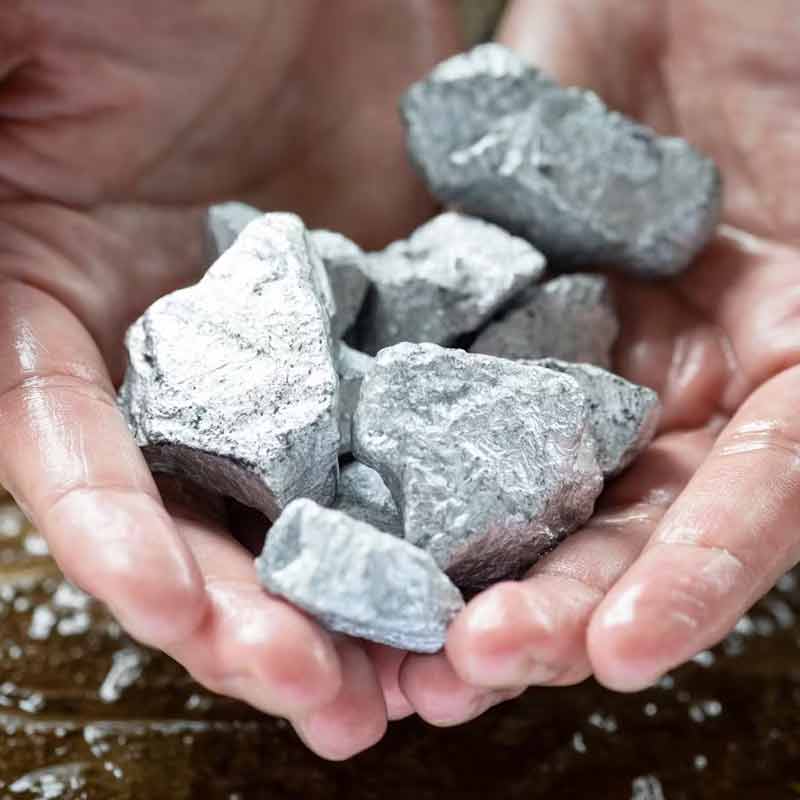
Published: 2024-04-24
![]() Daniel Gårdefelt
Daniel Gårdefelt
How changes in the global supply chain affect the price and production of magnets
Magnets are important parts of many businesses, such as electronics, cars, and renewable energy. The global supply chain has a big impact on how ...
Show more >
Published: 2023-04-28
![]() Daniel Gårdefelt
Daniel Gårdefelt
Fishing with magnets
There's a lot you can find at the bottom of a lake. At the end of last year, the Uppsala Magnetfishing Association exhibited a large amount ...
Show more >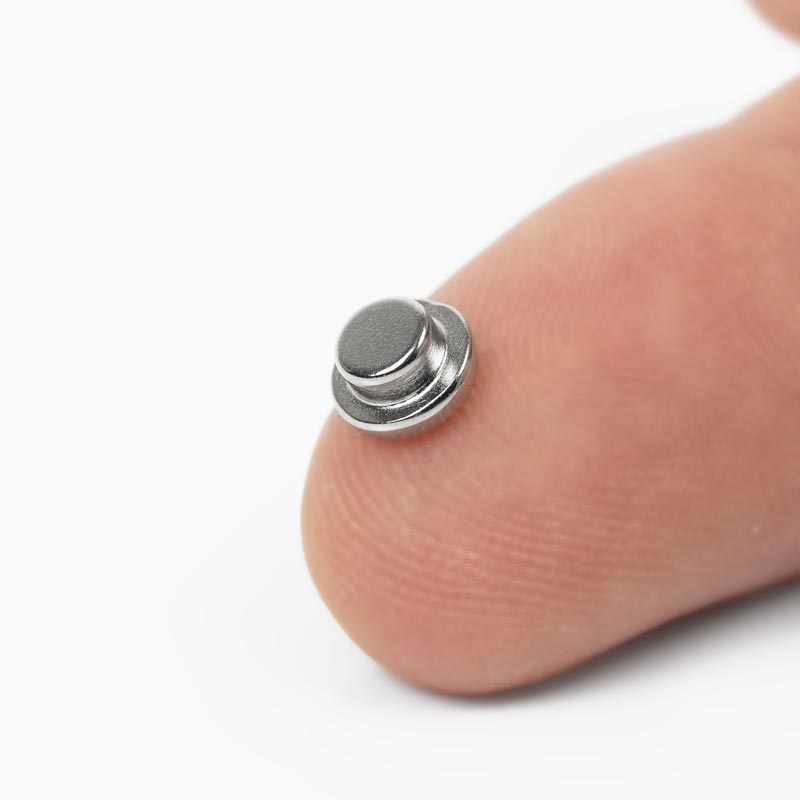
Published: 2023-04-05
![]() Daniel Gårdefelt
Daniel Gårdefelt
How does a neodymium magnet take its shape
The process of forming a neodymium magnet begins with the raw materials. Neodymium, iron and boron are melted together in a furnace and then cool...
Show more >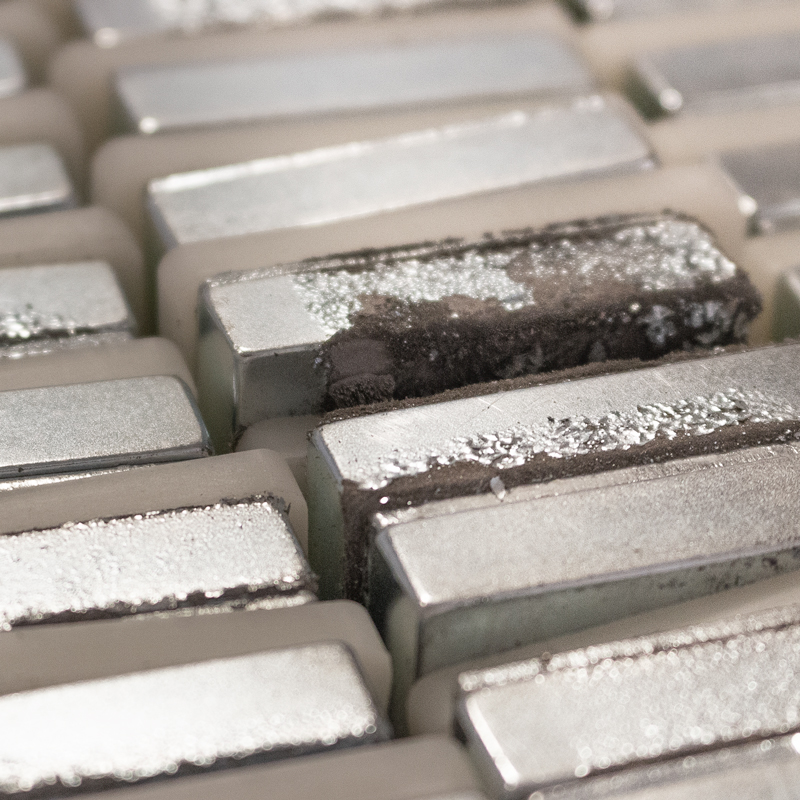
Published: 2023-02-27
![]() Daniel Gårdefelt
Daniel Gårdefelt
Factors Affecting Performance and Lifetime of Magnets
Electric motors, medical equipment and many other industries depend on magnets. The cost-effectiveness of the product in which a magnet is used i...
Show more >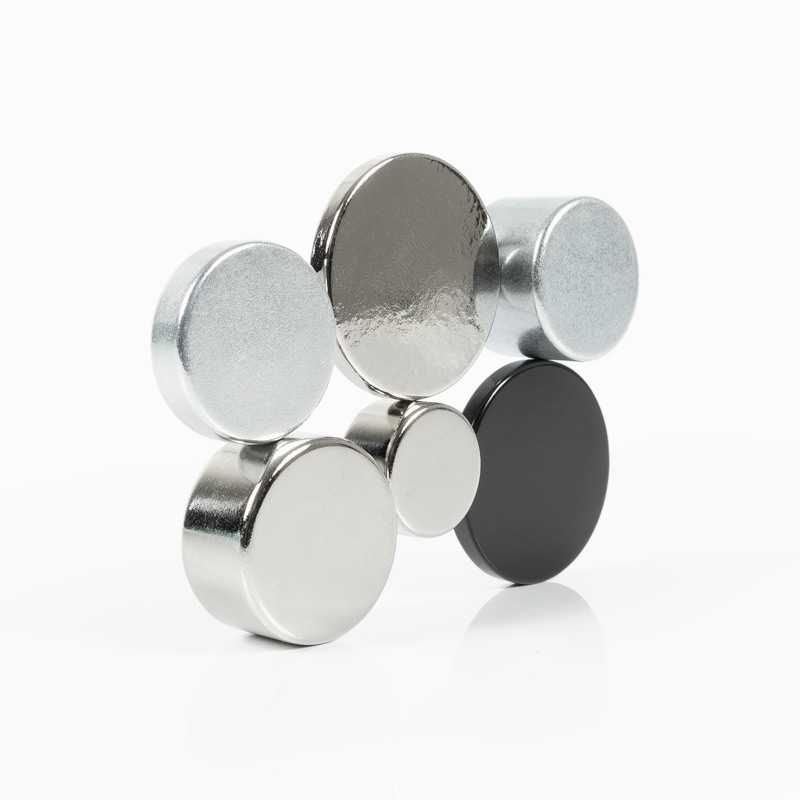
Published: 2023-02-21
![]() Daniel Gårdefelt
Daniel Gårdefelt
Neodymiun coatings
When producing a neodymium magnet, it requires some sort of protection, a coating. Click here for a more detailed page of all the coatings and t...
Show more >
Published: 2023-01-12
![]() Daniel Gårdefelt
Daniel Gårdefelt
Magnets evolving
The world of neodymium magnets is constantly evolving, and the newest inventions are pushing the boundaries of what’s possible. Neodymium m...
Show more >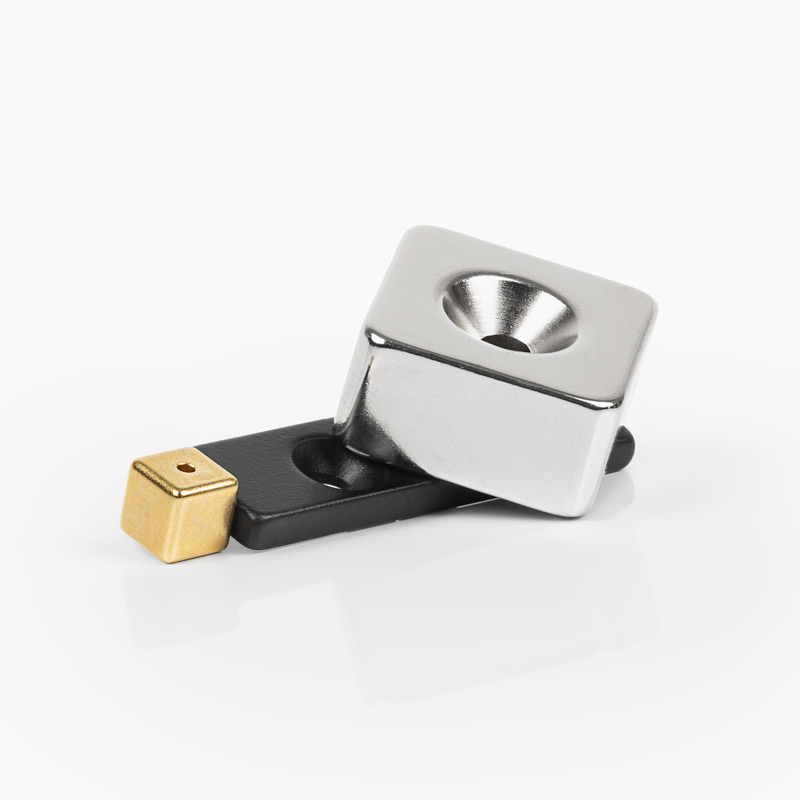
Published: 2023-01-10
![]() Daniel Gårdefelt
Daniel Gårdefelt
Neodymium price
Neodymium magnets are an incredibly powerful type of permanent magnet made from an alloy of neodymium, iron and boron. They’re used in a va...
Show more >
